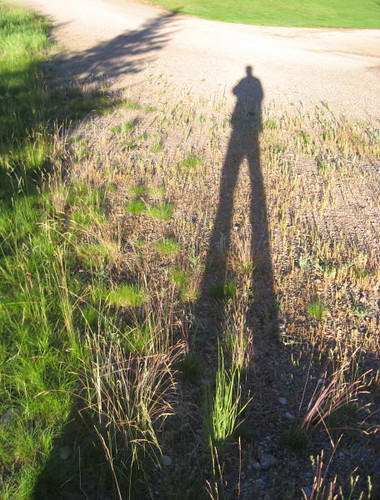1. The real world does not work like school.
Inmates who spend a long time in prison become institutionalized; they adapt so well to the conditions of prison that they can no longer function in the free world. Something similar can happen to students.
An engineering professor said to me years ago, "No one is going to pay you to find V, given I and R." which is a reference to the important relationship between electrical voltage, current, and resistance, V=I*R. A similar thing could be said about other topics of college education (like statistics).
I've had discussions with one of my successful colleagues about this and the conclusion was that: if you can sit down with a book and learn it, you'll never get paid a lot to do it (at least not for long when people in India or China also sit down with that same book and work very hard to earn a lot less money).
Writing embedded software for special-purpose digital signal processors requires enormous skill and cleverness. When you learn it and apply it, you'll feel like the master-of-the-universe. Unfortunately, there are millions of other potential masters-of-the universe out there. In the end, it's essentially mental ditch digging.
There were people I've known professionally who were tremendously valuable, but their knowledge was not found in any book anywhere. And it couldn't be written down. It was accumulated in the messy real-world.
2. Most of your elders know very little about the world into which you are headed.Even if you go into the ‘learned professions’ you are going to have to be entrepreneurial and flexible. Technology is going to rock your world and economic changes and upheavals are going to change the rules on you over and over.The workplace I entered a quarter-century ago was tame and simple. Today it's like white water rafting in a dangerous river. There are so many things that can go wrong, and so very fast.
....At times, your career is going to feel like Eliza’s run for freedom across the half-frozen Ohio river — jumping from ice floe to ice floe with the hounds of hell behind you. It won’t be all bad; there are rewards to this kind of life as well as risks, but you are going to need a different outlook on life and a different set of skills to cope.
3. You are going to have to work much, much harder than you probably expect.I've done a lot of work at outsourcing and I can say that there are certainly truths to this, but it's not as bad as it may seem. While there is downward pressure on wages in the US, there is also upward pressure on wages in places where lots of people are successfully being productive. In the long run, the "threat" from India, China, etc. will turn into enormous opportunity for all of us.
Your competition isn’t sitting in the next library carrel. Your competition is in China and India.... Your competition isn’t taking courses on gender studies; it isn’t majoring in ethnic studies, or the history of film. Your competition is working hard, damned hard, and is deadly serious about learning.
4. Choosing the right courses is more important than choosing the right college.I would really emphasize this. All the specific technologies you learn in college will be useless before long. If you can get a quick education on a specific technology that gets you in the door, then that's a good idea. Otherwise, learn the basics!
5. Get a traditional liberal education; it is the only thing that will do you any good.
You can be almost 100% sure that the hot theories making waves in academia today will be forgotten or superseded in twenty years — but fifty years from now people will still be reading and thinking about the classic texts that have shaped our world.
Fourth, study at least one language and at least one culture that is alien to you. Pick a language that opens the door to a big world: Mandarin, Hindi, Arabic, GermanHaving studied Japanese, I can definitely see the advantage to this. It gets you fully outside the box. It is mind-expanding in unexpected ways.
Fifth, learn to write well.Absolutely! Being able to communicate is something that's difficult to teach and very valuable.
6. Character counts; so do good habits.Good habits take advantage of the power of time. Large amounts of time are exremely powerful. It's what caused a little river to carve the Grand Canyon. All it needed was the right geology and geography to allow it to do its work continuously.
Character is important. As Warren Buffett says, a good reputation takes a lifetime to develop and five minutes to destroy. It's extremely valuable and worth the price of upholding it.

